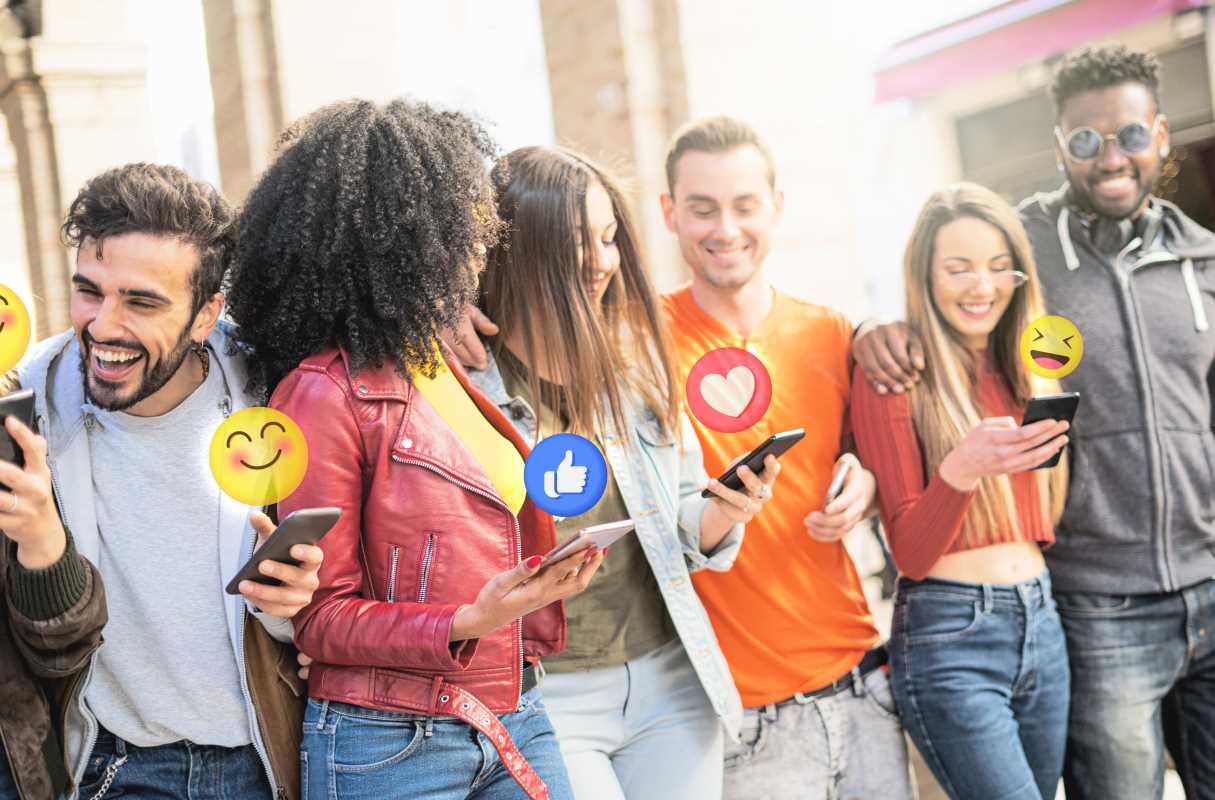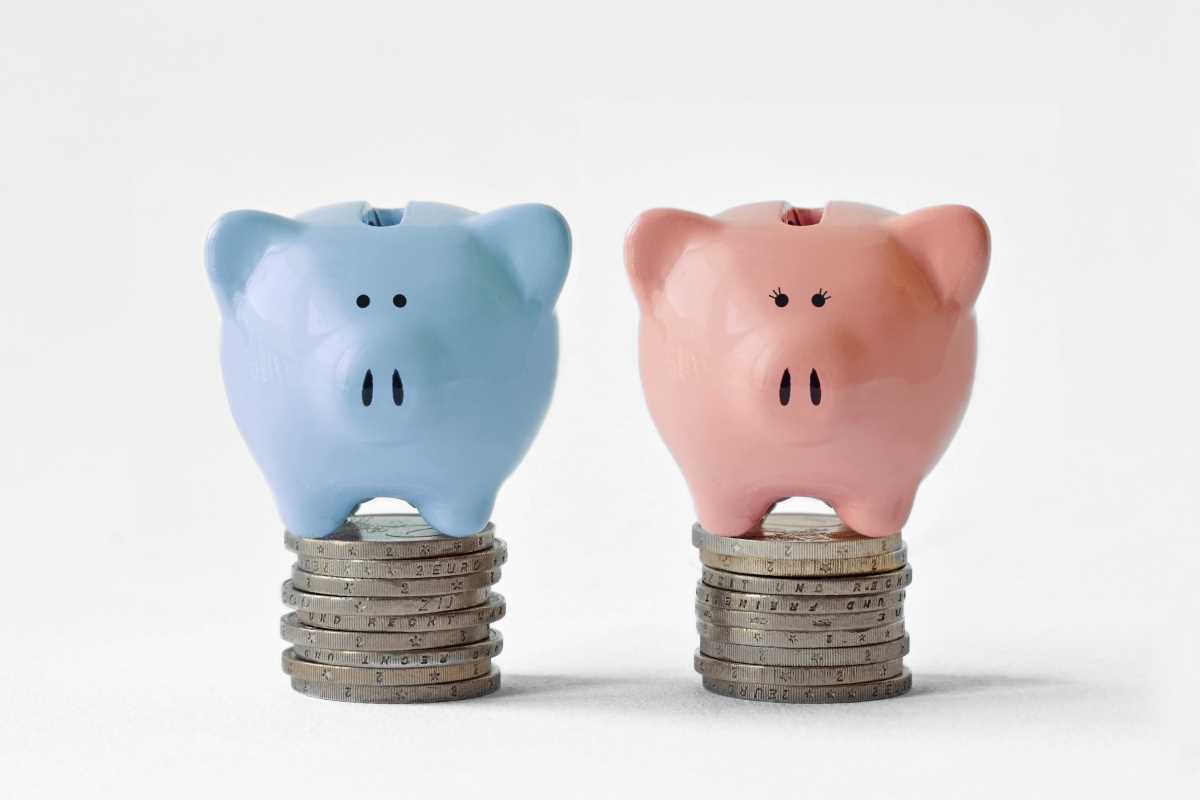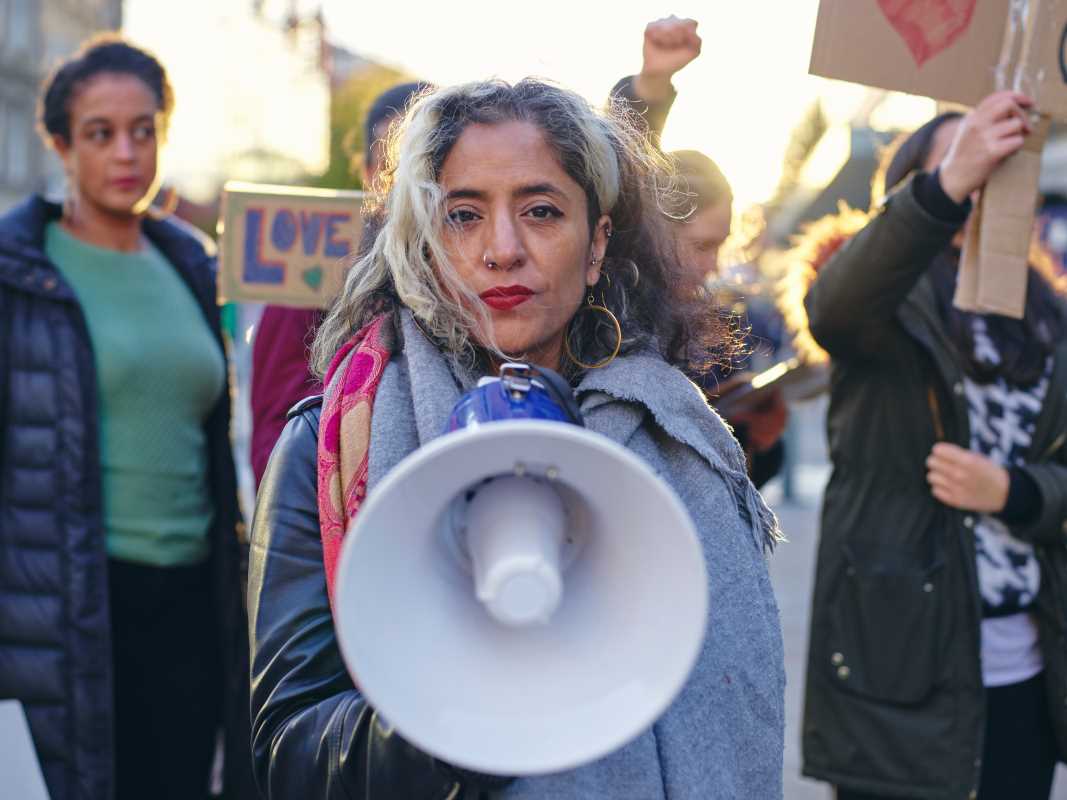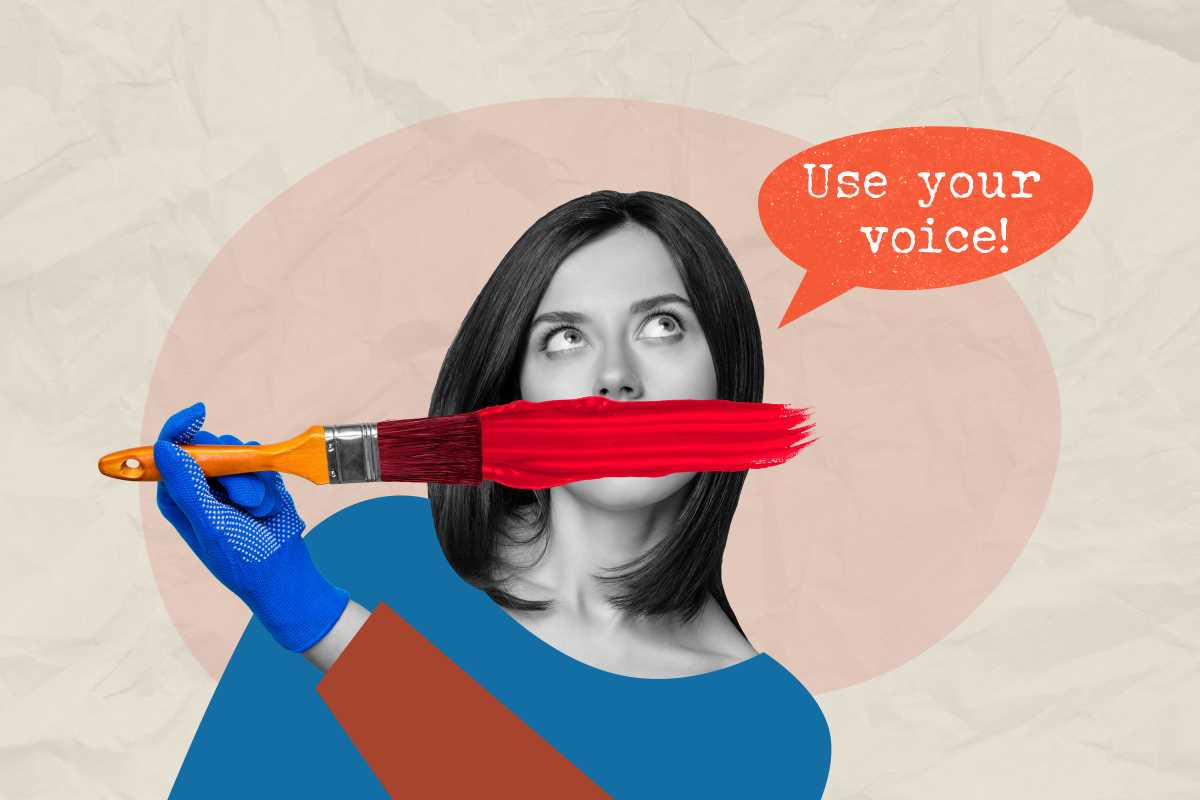Celebrities have a unique platform for raising awareness about social causes. With millions of fans and influence that spans borders, they can rally people to act, donate, and care about vital issues like climate change, equality, or human rights. But for every supportive follower, there seems to be another voice aiming to tear them down. Online harassment targeting celebrities who promote activism isn’t just common; it’s practically guaranteed anytime someone famous takes a stand.
Why does this happen? What drives people to attack those using their fame for good? And what does it mean for both celebrities and the causes they champion? Today, we’re unpacking the intersection of activism, fame, and the often-hostile space of the internet.
Why Activism Draws Public Criticism
Activism seeks to challenge the status quo, which means it inherently makes some people uncomfortable. Add celebrity figures into the mix, and the dynamic only grows more complicated.
Questioning Authenticity
A common complaint about celebrities who engage in activism is that they’re “performing” rather than genuinely caring. Skeptics claim these stars are chasing attention, boosting their public image, or trying to stay relevant. For instance, when a celebrity posts about donating to a cause or attending a protest, critics often yell “virtue signaling,” accusing them of doing it for show rather than substance.
This criticism can have roots in legitimate frustrations. Some people feel disconnected from the high-income lifestyles of A-list figures and find it hard to believe their activism is heartfelt. But is promoting a good cause any less valid just because it comes with media coverage? It’s a question that continues to divide opinions.
Polarizing Topics
Many causes celebrities support touch on sensitive or contentious topics. From LGBTQ+ rights to racial justice movements, these issues can evoke strong emotions. And online, where people can voice their opinions instantly and often anonymously, conversations quickly turn into arguments.
Take, for example, when Greta Thunberg started her climate activism as a teenager. While her message focused on saving the planet, she faced relentless online attacks. Trolls mocked her age, appearance, and mental health. Even though she wasn’t a traditional celebrity, her fame for activism was enough to make her a target.
The Role of Social Media
Social media platforms have been both a blessing and a curse for activism. On the one hand, they provide direct access to massive audiences, enabling celebrities to share petitions, raise funds, or spotlight injustices. On the other hand, these same platforms are hotbeds for trolling and negativity.
The Anonymity Effect
When users hide behind anonymous accounts, the barriers to saying something harmful or hateful vanish. This phenomenon, often called the “online disinhibition effect,” explains why people are far ruder online than they would be face-to-face. Celebrities promoting change become easy targets because their posts are public, and their fame makes them visible to millions.
It’s important to remember that trolls often target vulnerable points. For example, actress Emma Watson has faced harassment for her gender equality work, even being mocked for her feminist speeches. While personal attacks likely reflect the trolls' issues rather than Watson’s, their presence online can discourage others from stepping up.
Misuse of Memes and Parody
A single tweet or public misstep by a celebrity activist can morph into a viral meme. Though humor can drive conversations in positive ways, it can also veer into the cruel or destructive. For example, images mocking Leonardo DiCaprio’s climate advocacy often focus on his lifestyle choices, like traveling by private jet, while ignoring the incredible donations and work he’s done for environmental organizations.
High-Profile Harassment
To understand the scope of the problem, here are a few cases where celebrities faced backlash for their activism.
Taylor Swift and LGBTQ+ Advocacy
When Taylor Swift released her song “You Need to Calm Down,” which celebrated LGBTQ+ pride, she faced a mix of praise and criticism. Some accused her of exploiting the community for attention, while others attacked her past silence on political issues. Despite this, her initiatives helped raise awareness about anti-LGBTQ+ prejudices and increase voter registration.
Colin Kaepernick's Protest
NFL player Colin Kaepernick became one of the most polarizing figures in sports when he began kneeling during the national anthem to protest police brutality. While many applauded his bravery, he also endured intense harassment, including death threats and being blacklisted from playing professional football. His activism sparked broader conversations about systemic racism in America, but it came at a huge personal cost.
Meghan Markle and Social Justice
The Duchess of Sussex has consistently used her platform to advocate for social issues, touching on race, mental health, and female empowerment. However, her efforts have made her a frequent subject of both tabloid abuse and outright online harassment. From being called insincere to being scrutinized for the minutiae of her daily life, Markle’s experience illustrates the immense pressure celebrity activists face.
The Toll on Mental Health
The constant barrage of criticism, hateful comments, and even threats can take a toll on anyone’s mental health. For celebrities, the added pressure of living in the public eye magnifies the problem.
It’s why many stars have stepped back from social media altogether. For some, the break offers a chance to recharge without the constant noise of negativity. But for others, it might signal how draining and unsustainable it can be to engage in advocacy while facing endless harassment.
Movements like #BeKind, which emerged after the tragic death of television presenter Caroline Flack, aim to encourage empathy online, reminding people of the power their words hold.
How Can We Improve the Conversation?
It’s clear that change is needed—not just to protect celebrities but also to foster a healthier online culture where activism can thrive. Here are a few ways both platforms and individuals can help make a difference.
Holding Platforms Accountable
Social media companies need to take stronger action against harassment. Tools like improved content moderation, AI to catch hate speech, and stricter rules about anonymity could chip away at the problem. If trolls know their accounts can be easily banned, they’re less likely to attack in the first place.
Encouraging Celebrities to Stay Authentic
Fans and followers appreciate authenticity. When celebrities clearly articulate their passion for a cause and show dedication beyond just tweeting about it, it becomes harder for critics to dismiss their actions as “all for show.” Taking the time to explain motivations and share personal experiences can help bridge gaps between influencers and their audiences.
Practicing Kindness Online
Finally, we all play a role in shaping online spaces. Choosing to engage thoughtfully—even when disagreeing—can create constructive conversations instead of hostile debates. If you see someone facing harassment, support them by reporting harmful comments or adding positivity to the dialogue.
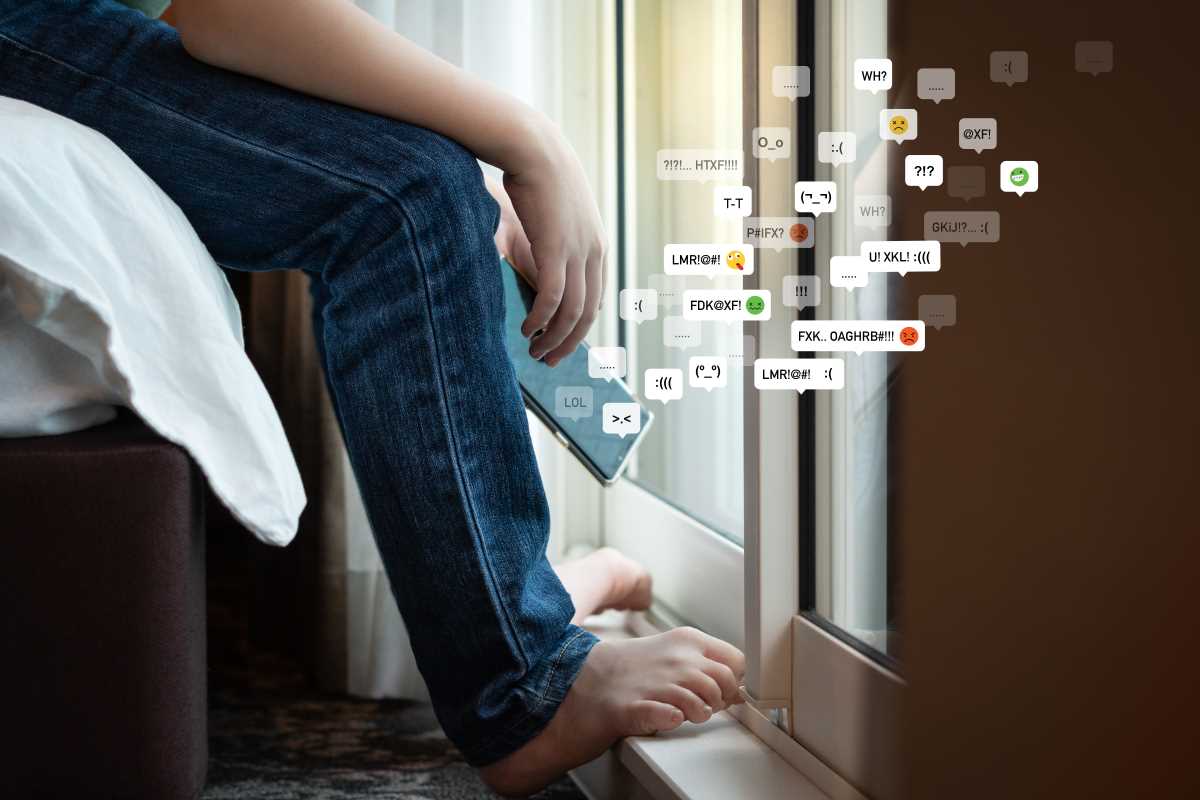 (Image via
(Image via

